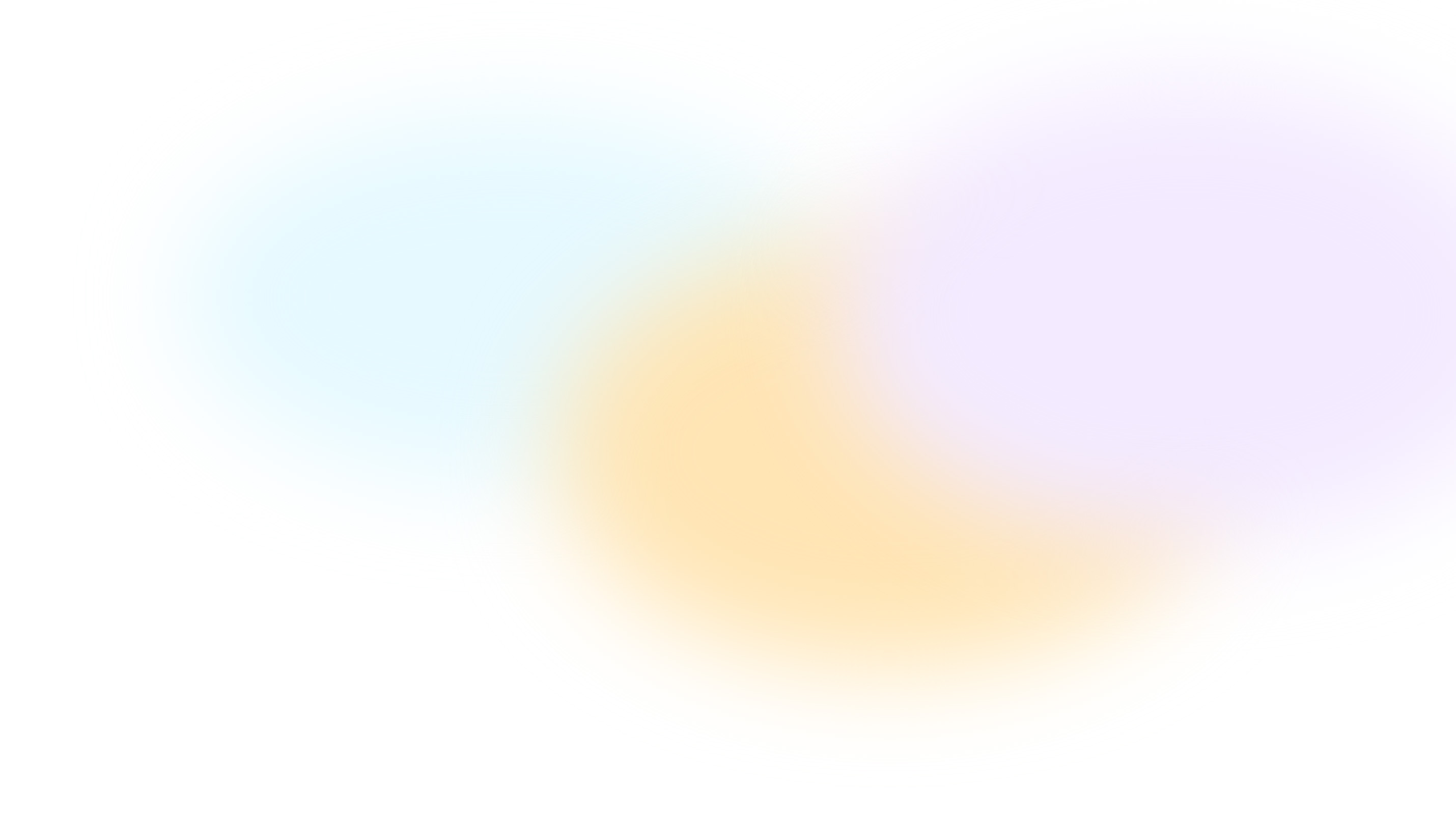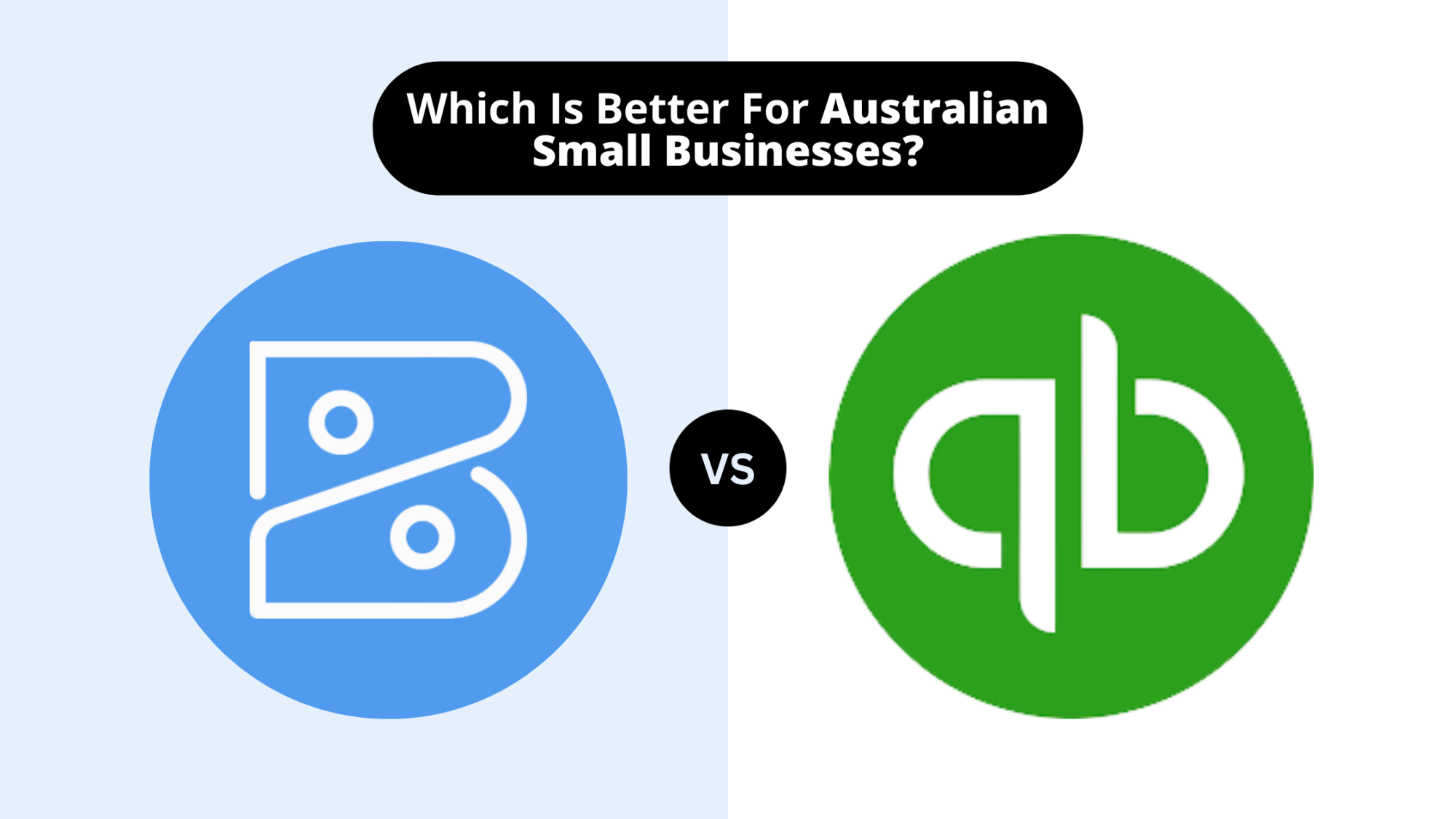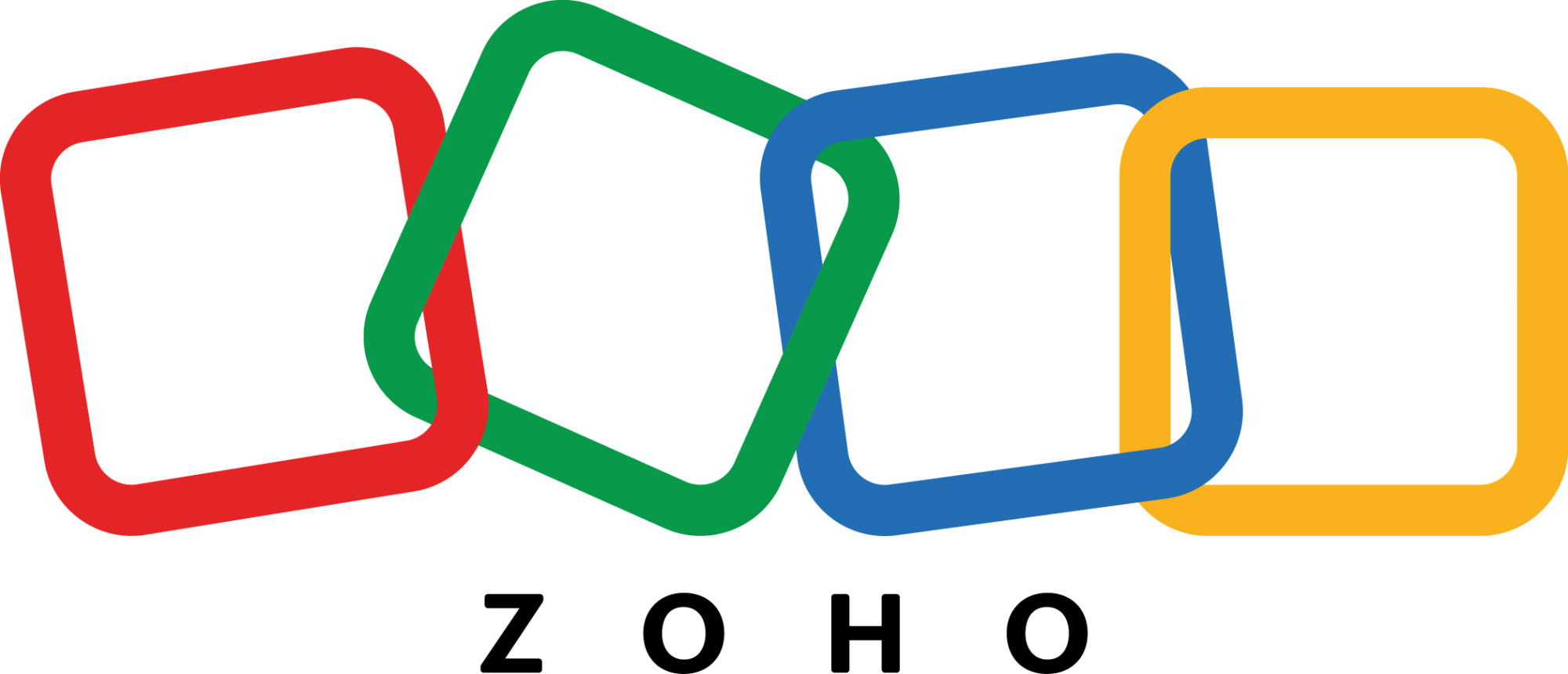
Business growth
2026 Zoho Books Pricing Explained
No matter what industry you’re in and what the size of your business is, there is a slim chance that you never run into a Zoho tool.
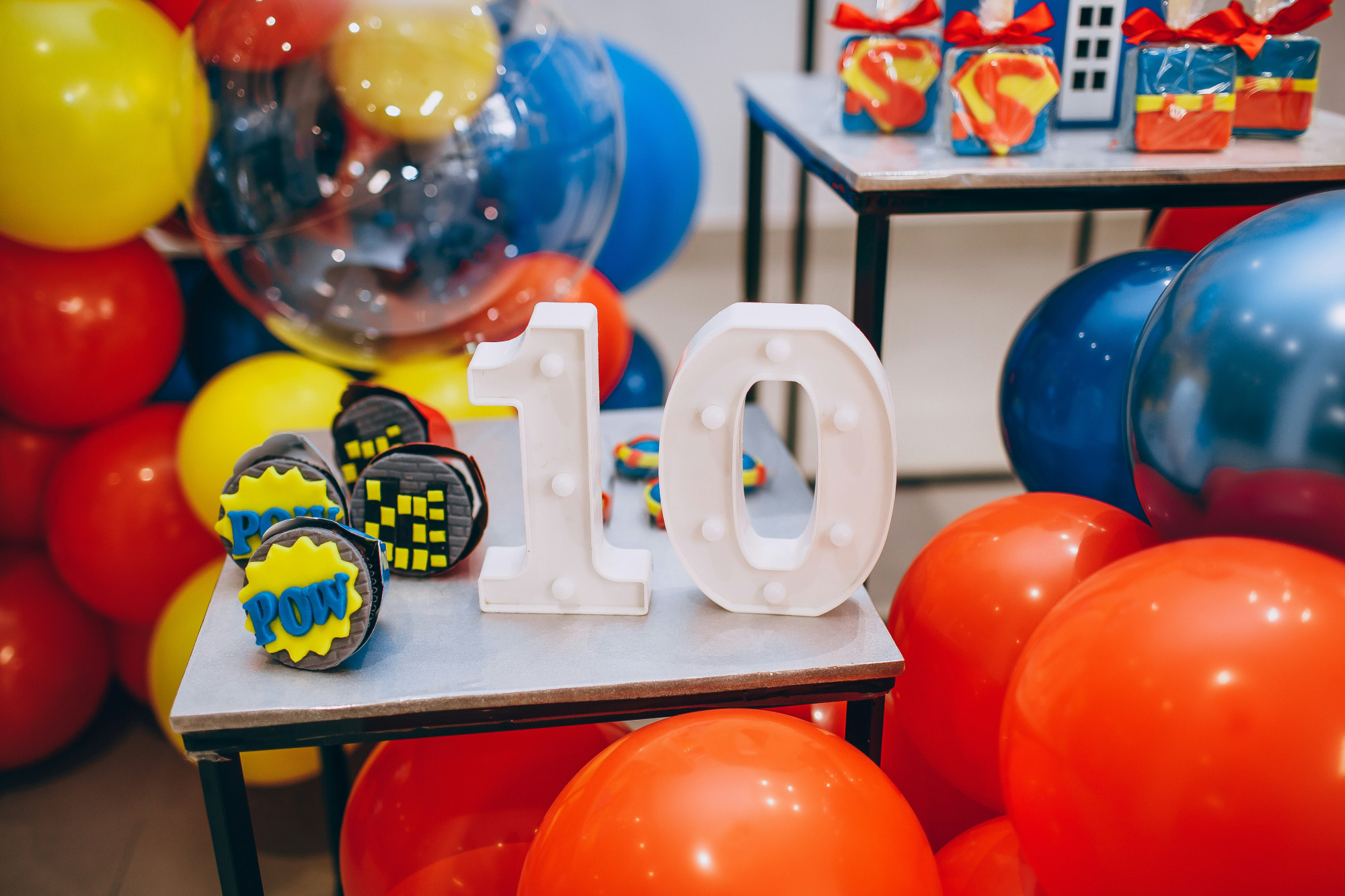
Newsletters
Newsletter - December 2025
In the last newsletter for 2025 we wrap up the year looking back on what the Rounded community got up to, review every deployment and feature improvement we released and celebrate our 10 year anniversary!
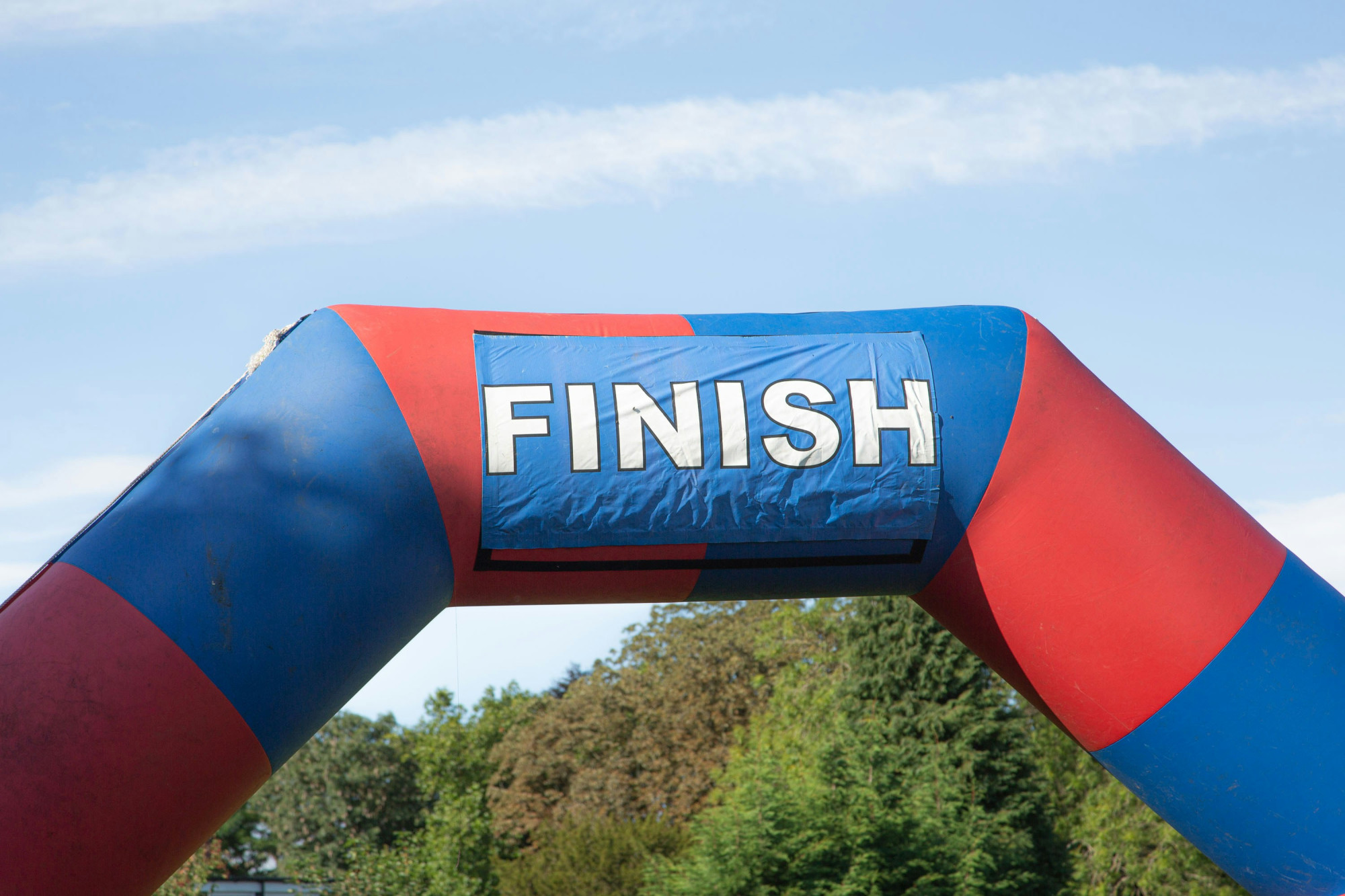
Newsletters
Newsletter - November 2025
51 days until the end of the year (but hey, who's counting?). Whether you’re sprinting to the finish line or easing your way there, we’ve got a few things to help you close out 2025 strong and set yourself up for 2026.
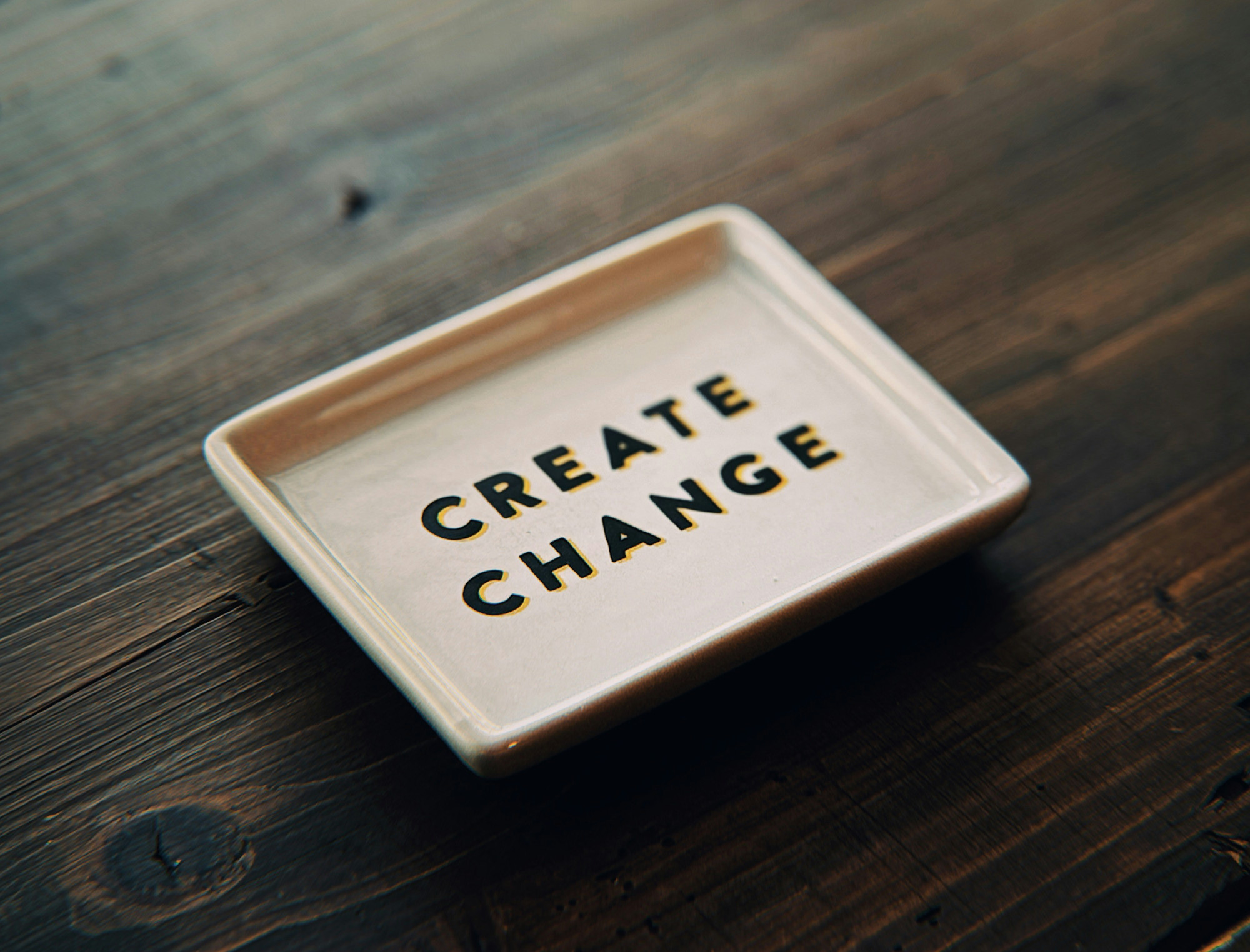
Rounded news
Product Update - November 2025
Check out all the latest Rounded feature releases and product improvements including a significant improvement to the bank feed, improvements to expense management and dark mode for mobile! Plus you can check out the recording of the live stream demo-ing all these new features

Newsletters
Newsletter - October 2025
In October we dive into Cyber Security Awareness Month, explore all the latest Rounded improvements and feature releases and share helpful links and the best content around the web for freelancers and sole traders

Rounded news
Product Update - September 2025
Check out the latest product updates and feature releases right here!
